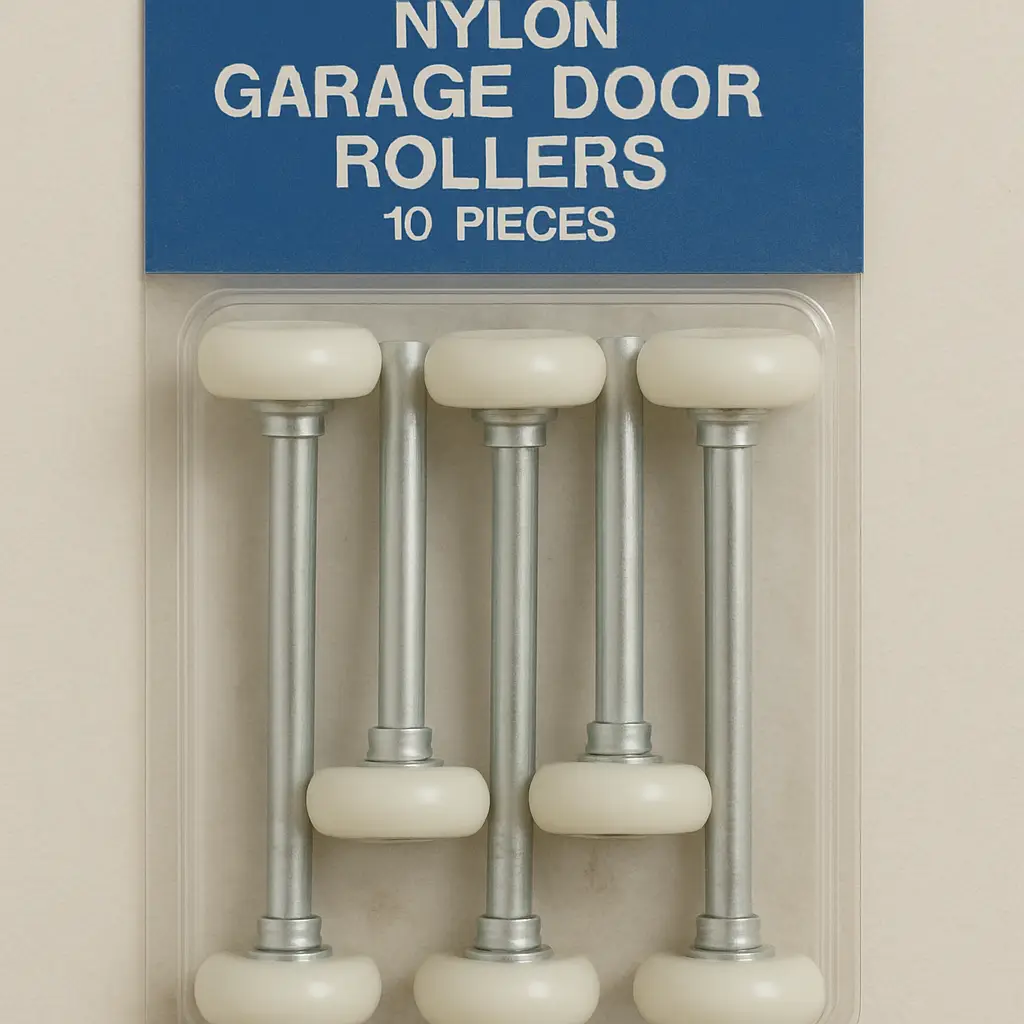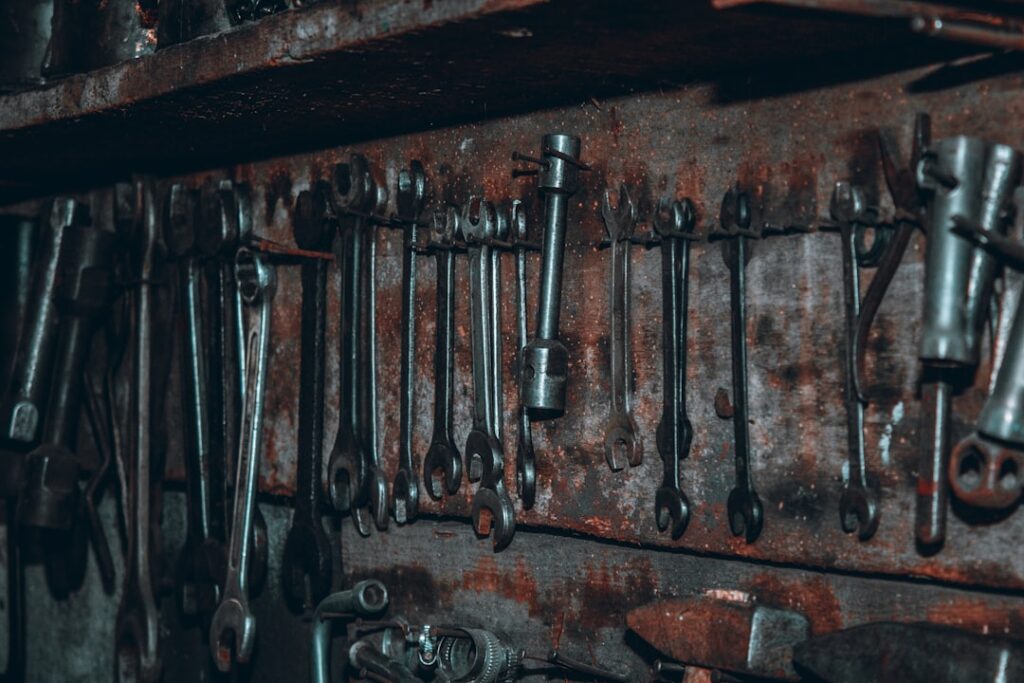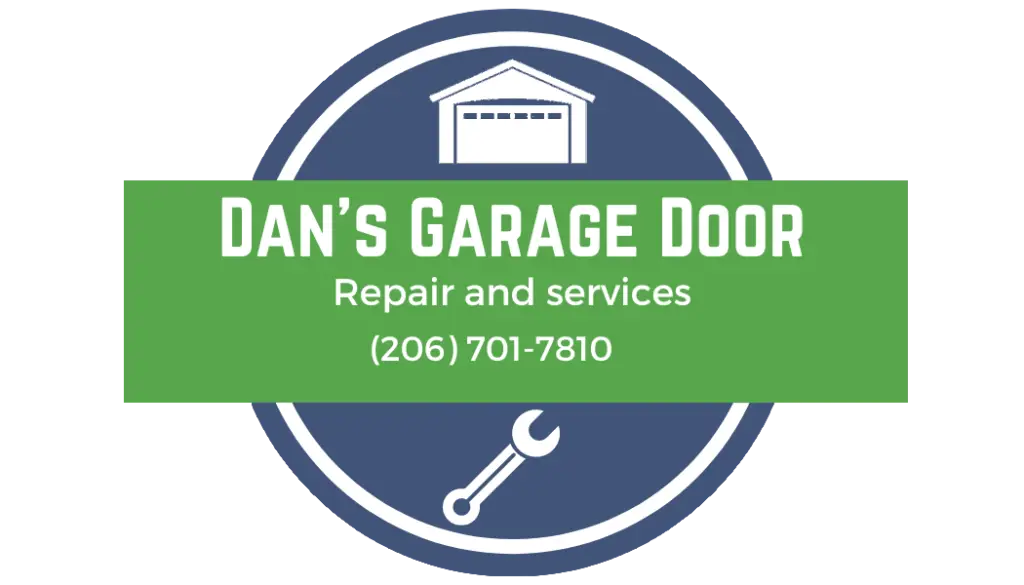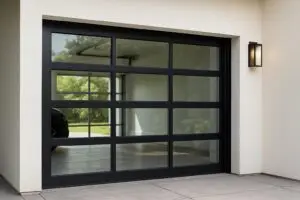Choosing the right garage door rollers is crucial for the smooth operation and longevity of your garage door. Two of the most common materials used for garage door rollers are nylon and steel. Each has its own set of advantages and disadvantages, and understanding these can help you make an informed decision for your garage door upgrade.
Quick Summary
- Garage door rollers affect how smoothly a door moves in its tracks and how long the overall system lasts; higher-quality parts reduce repairs and improve operation.
- Nylon rollers run quieter, resist rust and corrosion, and can last about 10–20 years with typical use and maintenance.
- Nylon drawbacks include lower load capacity for very heavy doors and a higher upfront cost than basic steel rollers.
- Steel rollers offer high strength for heavy doors and are usually more affordable, but they are noisier and can rust if exposed to moisture.
- Nylon generally needs less maintenance, while steel typically requires regular lubrication to prevent corrosion and keep performance smooth.
In this article, we will explore the differences between nylon and steel garage door rollers, focusing on durability, performance, and maintenance. By the end, you will have a clearer understanding of which type of roller is best suited for your needs.
Garage door rollers are small wheels with ball bearings that allow the door to slide up and down smoothly in its tracks. These rollers are an essential part of the door hardware, directly impacting the efficiency and lifespan of your garage door system.
Importance of Quality Garage Door Parts
The quality of your garage door parts, including rollers, determines not only how well your garage door functions but also how long it will last without needing repairs. Investing in high-quality rollers is a smart decision for any homeowner looking to avoid frequent maintenance and ensure smooth operation.
Nylon Garage Door Rollers

Nylon garage door rollers are a popular choice among homeowners due to their quiet operation and durability. Let’s dive deeper into what makes nylon rollers a favored option.
Advantages of Nylon Rollers
- Quiet Operation: Nylon rollers are known for their silent operation, making them ideal for homes where noise reduction is a priority. Unlike steel rollers, nylon creates minimal noise when the door is in motion.
- Resistance to Rust and Corrosion: Being made of synthetic materials, nylon rollers are resistant to rust and corrosion, which can be a significant advantage in humid or coastal environments.
- Longevity: High-quality nylon rollers can last between 10 and 20 years, depending on usage and maintenance. Their durability makes them a cost-effective choice in the long run.
Disadvantages of Nylon Rollers
- Load Capacity: While nylon rollers are durable, they may not support as much weight as steel rollers. This makes them less suitable for very heavy garage doors.
- Initial Cost: Nylon rollers can be more expensive than basic steel rollers. However, their long-term benefits often outweigh the initial investment.
Steel Garage Door Rollers

Steel garage door rollers are known for their strength and load-bearing capacity. Let’s examine why some homeowners prefer steel rollers for their garage doors.
Advantages of Steel Rollers
- Strength and Durability: Steel rollers are incredibly strong and can support heavy garage doors with ease. This makes them suitable for commercial or larger residential garage doors.
- Cost-Effective: Steel rollers are generally more affordable than nylon rollers, making them a budget-friendly choice for many homeowners.
- Longevity: With proper maintenance, steel rollers can last for many years, though they may require more frequent lubrication to maintain their performance.
Disadvantages of Steel Rollers
- Noise: Steel rollers tend to be noisier than nylon rollers, which can be a concern in residential areas where noise levels are important.
- Prone to Rust: Unlike nylon rollers, steel rollers can rust over time, especially if exposed to moisture. Regular maintenance and lubrication are necessary to prevent corrosion.
Comparing Nylon and Steel Rollers
When deciding between nylon and steel garage door rollers, consider the following factors:
Durability
Both nylon and steel rollers are durable, but their longevity depends on maintenance and the specific conditions they are exposed to. Nylon rollers may offer a longer lifespan without the risk of rust, while steel rollers provide strength for heavier doors.
Performance
Nylon rollers offer a quieter operation, which can be crucial for residential garages. On the other hand, steel rollers are better suited for heavy-duty applications, providing robustness and reliability.
Maintenance
Nylon rollers require less maintenance due to their resistance to rust. Steel rollers, however, need regular lubrication to prevent rust and ensure smooth operation.
Making the Right Choice
When it comes to choosing between nylon and steel garage door rollers, assess your specific needs and preferences. Consider factors such as:
- Noise Levels: If noise is a concern, nylon rollers are the way to go.
- Door Weight: For heavier doors, steel rollers may be more appropriate.
- Environmental Conditions: In humid or coastal areas, the rust-resistant properties of nylon rollers can be beneficial.
- Budget: While nylon rollers may have a higher upfront cost, their longevity and low maintenance can be cost-effective over time.
Conclusion
Both nylon and steel garage door rollers have their unique advantages and potential drawbacks. Understanding these differences can help you make an informed decision that aligns with your needs and priorities.
By investing in the right garage door parts, you can enhance the functionality, safety, and longevity of your garage door system. Whether you prioritize quiet operation or strength, choosing the right rollers will ensure your garage door operates smoothly for years to come.
In the end, the best choice will depend on your specific requirements and the conditions in which your garage door operates. Consider consulting with a garage door professional to help you make the best decision for your home.





